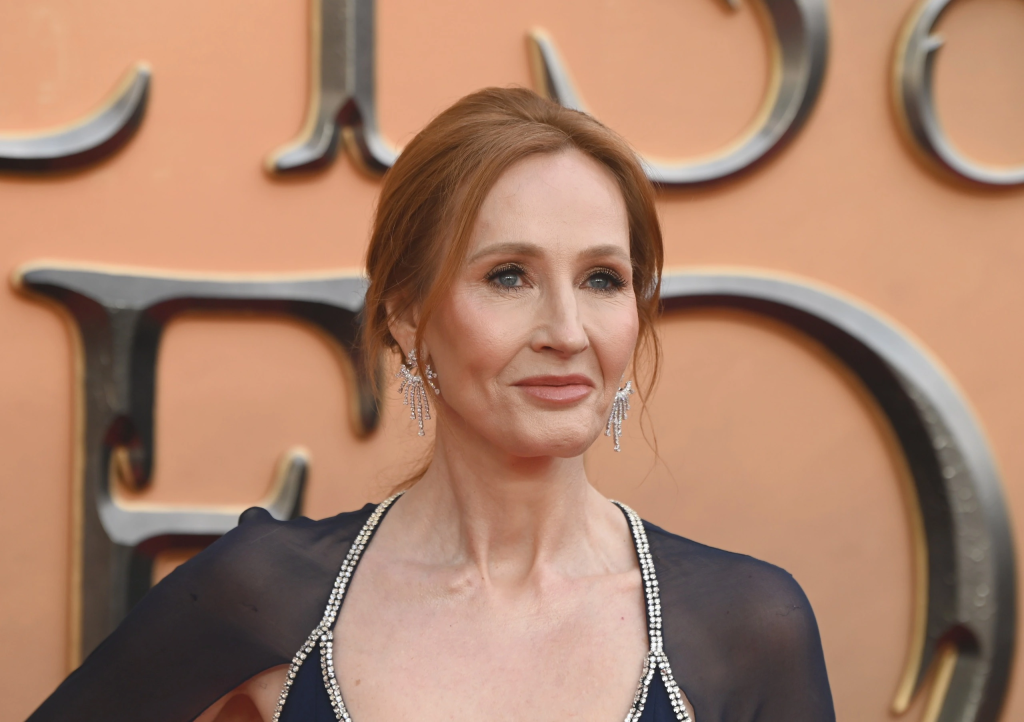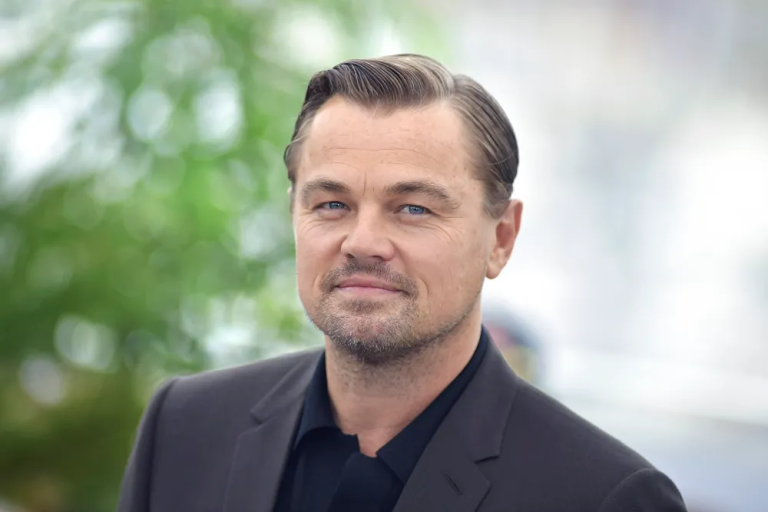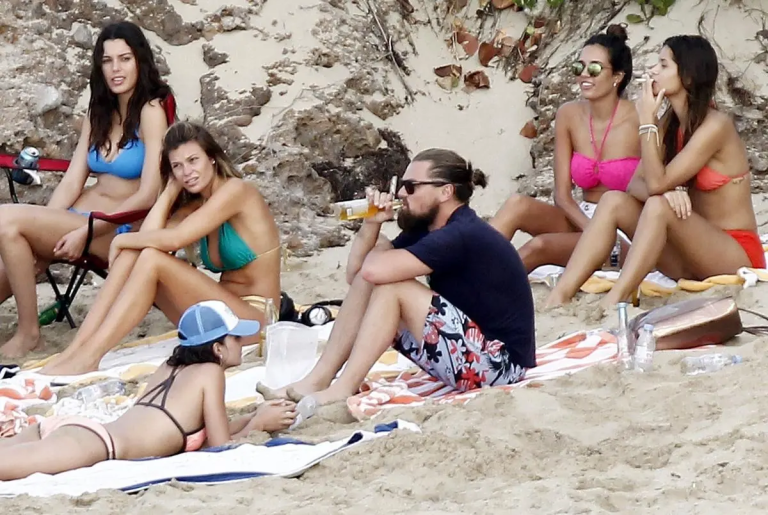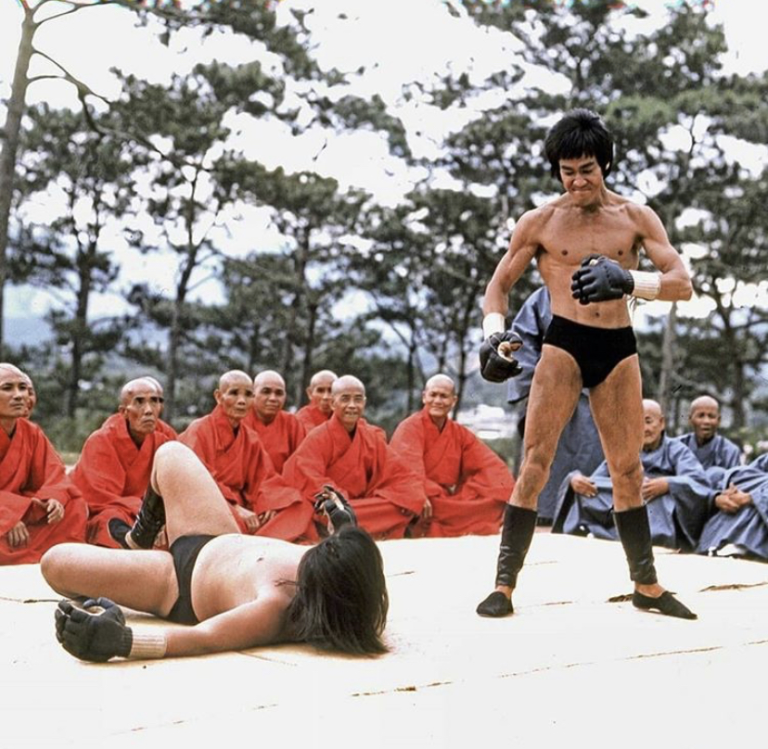J.K. Rowling’s Provocative Remarks on Transgender Athlete Valentina Petrillo and the Defense of Women’s Sports
In a recent development that has stirred up a fierce storm of debate, J.K. Rowling, the world-famous author of the Harry Potter series, has once again landed in the middle of a highly contentious issue. This time, it’s her incendiary social media post where she labeled Valentina Petrillo, a transgender Paralympic athlete, as a “cheater” that has set the public abuzz. Her comment has launched a passionate and polarizing discussion regarding the participation of transgender athletes in women’s sports and the very essence of fairness in athletic competitions.

Rowling’s Firm Stand: Safeguarding Women’s Sports
J.K. Rowling has long been embroiled in controversies related to her views on gender identity. Over the past few years, she has emerged as a prominent figure in the global discourse on transgender rights, with a particular emphasis on how gender identity policies impact women’s rights and spaces.
In her latest outburst, Rowling targeted Valentina Petrillo, a visually impaired transgender athlete who has taken part in several women’s Paralympic events. Petrillo, who transitioned in her 40s, has faced criticism from some corners for allegedly possessing an unfair advantage due to her previous male physiology.
Rowling was brutally direct in her statement: “Competing in women’s sports while still retaining the physical benefits of male biology is not just; it’s cheating. Women’s sports are designed to offer a level playing field for female athletes, and we must uphold that integrity.”

The Athlete in the Spotlight: Valentina Petrillo
Valentina Petrillo, an Italian sprinter, has made waves not only for her athletic accomplishments but also because of the 争议 surrounding her eligibility to compete in women’s events. Petrillo, who has been open about her journey as a transgender athlete, contends that she competes in accordance with the regulations set by the governing bodies. These regulations typically involve hormone therapy and other measures aimed at leveling the playing field.
Nevertheless, despite adhering to these guidelines, Petrillo’s participation has ignited a debate about whether transgender athletes, even with reduced testosterone levels, still maintain physical advantages such as greater muscle mass, higher bone density, and enhanced lung capacity – factors that could potentially give them an edge over cisgender female competitors.
In response to Rowling’s accusations, Petrillo issued a statement defending her right to compete: “I compete within the rules, and I am proud of my achievements. I respect all my fellow athletes and firmly believe in fair competition.”

A Divisive Debate: Supporters and Opponents
Rowling’s comments have once again split public opinion down the middle. Those who support the author believe that she is courageously advocating for biological women in sports, a realm they feel is increasingly under threat.
Karen Mitchell, a former college athlete and advocate for women’s sports, said, “J.K. Rowling is correct. Women’s sports are meant for biological females, and we must protect this space. If we fail to do so, we risk undoing decades of progress.”
Shortly after Rowling’s post, the hashtag #ProtectWomensSports began trending, with numerous users expressing similar concerns about fairness and safety in women’s athletic contests.
On the other hand, critics have charged Rowling with being transphobic and perpetuating harmful stereotypes about transgender individuals. LGBTQ+ advocacy groups were quick to condemn her remarks, deeming them inflammatory and dismissive of the difficulties faced by transgender athletes.
Alex Johnson, a spokesperson for a leading LGBTQ+ rights organization, stated, “J.K. Rowling’s comments are not only hurtful but also dangerous. Transgender athletes deserve respect and inclusion, and such rhetoric only fuels discrimination and exclusion.”
The Broader Ramifications for Women’s Sports
The controversy surrounding Petrillo and other transgender athletes brings to the fore a much broader debate about the future of women’s sports. At the core of this issue lies a complex question: How can sports organizations strike a balance between inclusivity and fairness?
Several international sporting bodies, including the International Olympic Committee (IOC) and World Athletics, have been grappling with this conundrum. They have implemented policies that attempt to enable transgender athletes to compete while maintaining competitive parity. However, these policies remain highly controversial and are frequently revised in response to new research findings and public pressure.
Some experts suggest that creating separate categories or revising eligibility criteria might be necessary to address the concerns of both sides. However, such proposals are fraught with logistical and ethical complications.
Rowling’s Impact: A Catalyst for Discussion
Whether one admires or despises J.K. Rowling, her influence on cultural conversations cannot be ignored. With millions of followers and a global platform, her views often act as a trigger for public debate on intricate social issues.
While some see her as a defender of women’s rights, others regard her as a polarizing figure whose opinions contribute to an ever-widening cultural divide. Regardless of one’s stance, it’s evident that Rowling’s latest comments have reignited a discussion that shows no signs of abating.
Conclusion: Tackling a Complex Problem
The debate over transgender athletes in women’s sports is far from resolved. As the sports world continues to grapple with this intricate and evolving issue, voices like J.K. Rowling’s will undoubtedly continue to mold the discourse.
For now, the question persists: Can fairness and inclusivity coexist in competitive sports? And if so, what form would that balance take? As athletes like Valentina Petrillo continue to compete and challenge existing norms, society will be compelled to confront these difficult questions head-on.
One thing is certain: This debate extends beyond the realm of sports and delves into fundamental issues of identity, fairness, and the evolving definition of equality in the modern era.





